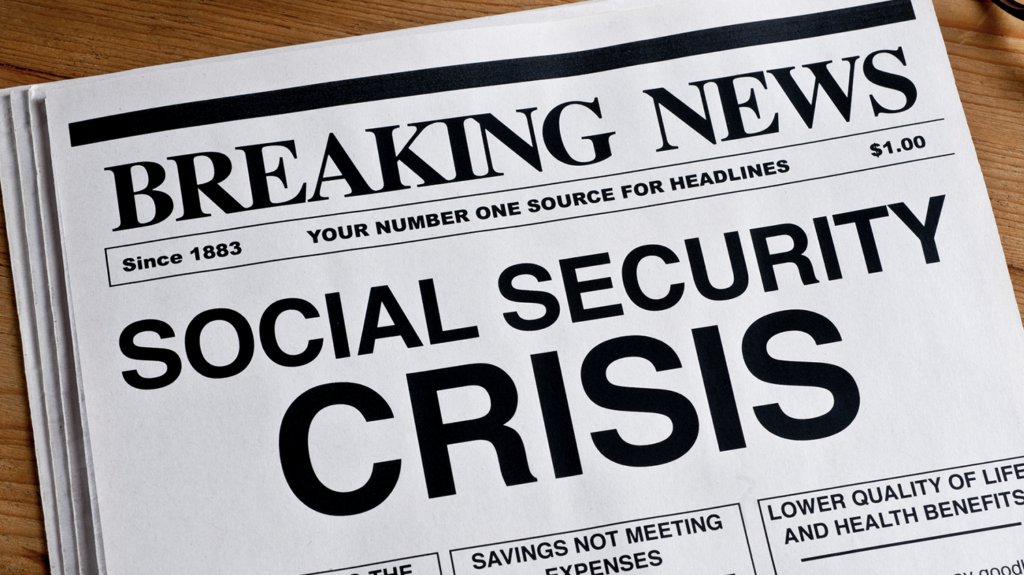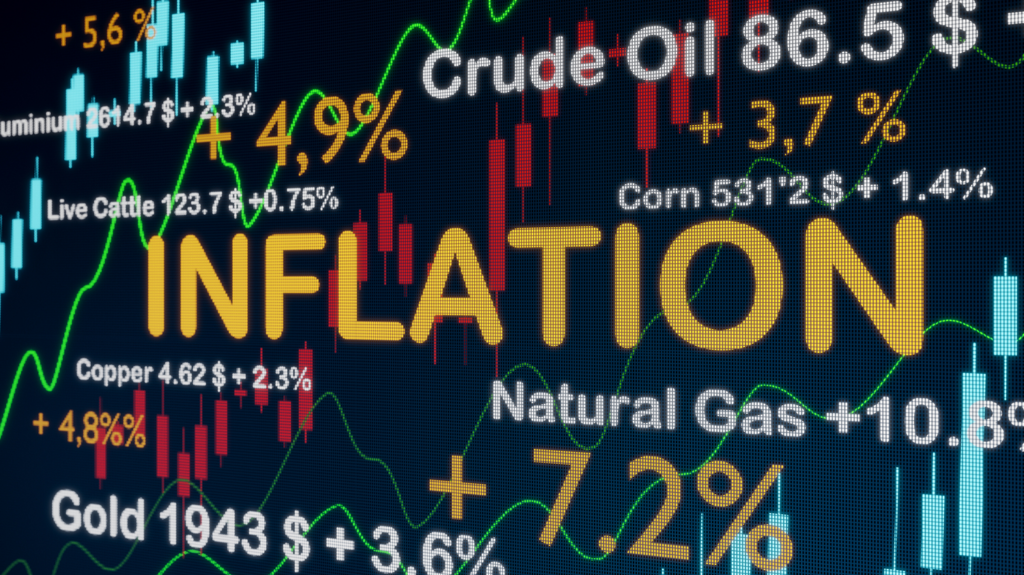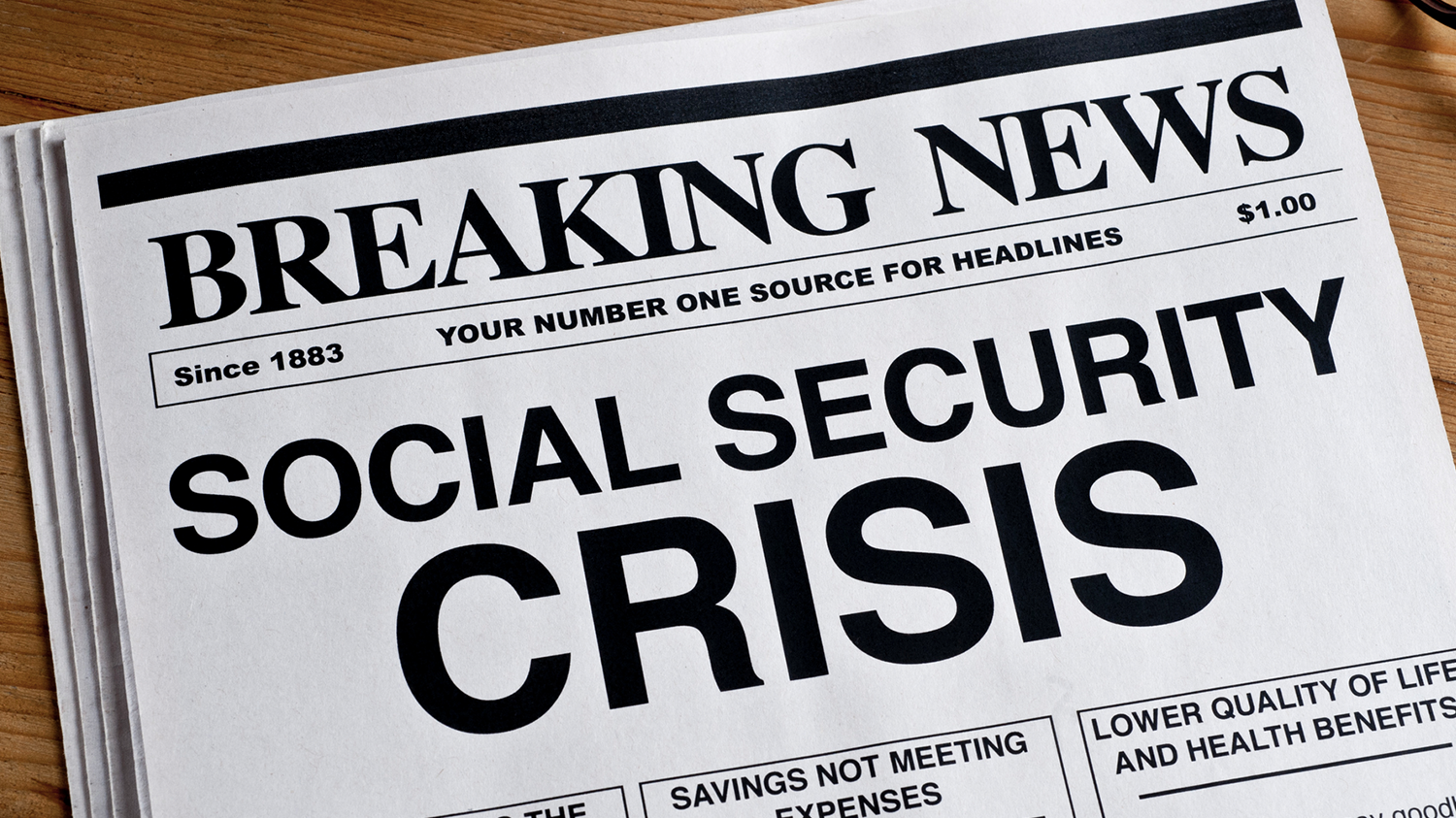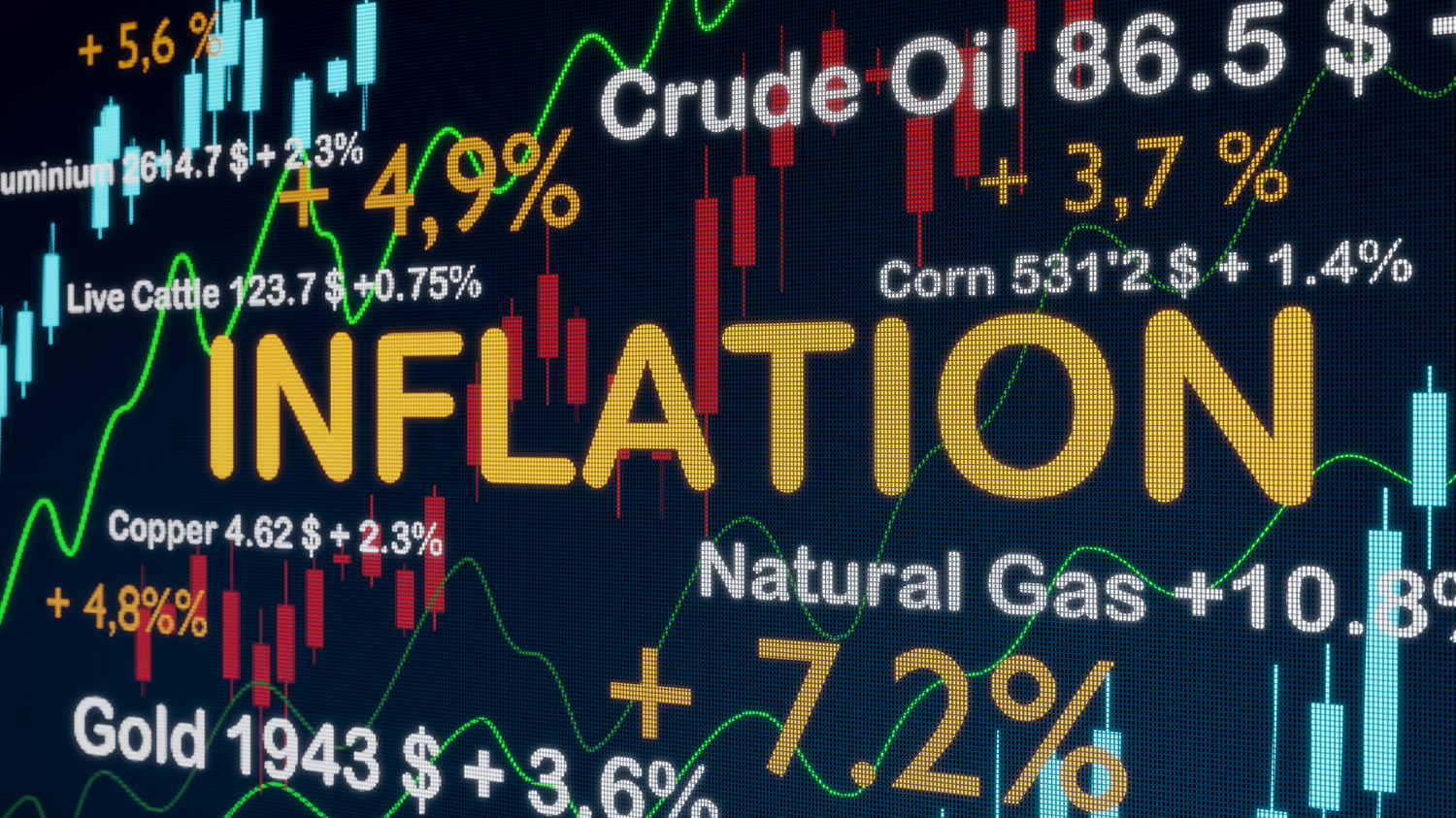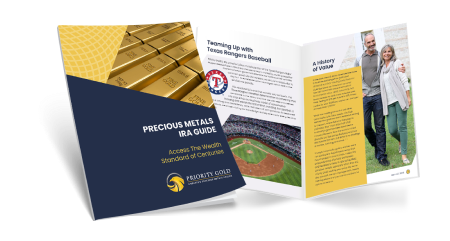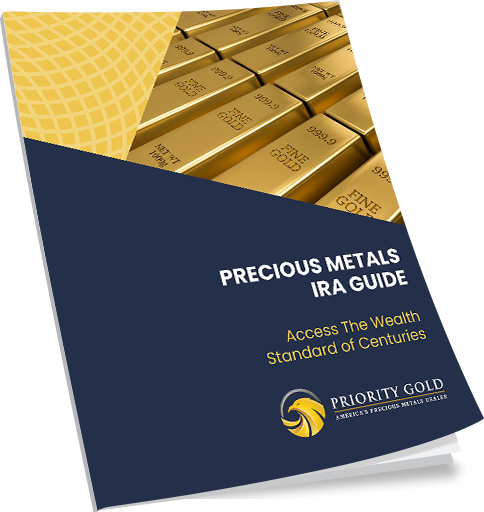[vc_row][vc_column][vc_column_text]
[/vc_column_text][/vc_column][/vc_row][vc_row full_width=”stretch_row” css=”.vc_custom_1605225685450{background-color: #f8f8f8 !important;}”][vc_column][vc_column_text]By Max Cea | Published August 12, 2018
Recoveries generally don’t die of old age. So what’s going to kill ours? Five economists call it like they see it
Since June, 2009, the pit of one of the biggest recessions in American history, the U.S. economy has been growing, slowly but steadily. That’s just over nine years of uninterrupted growth. If the good times roll for another year — and most economists expect they will — this expansionary period will go down as the longest ever in American history, surpassing the 120-month-long period during the ‘90s tech boom. But don’t be so quick to pop bubbly and send the confetti raining down. There’s precedence for unprecedented growth: It always ends. The economy, of course, moves in cycles.
And no matter how you slice it, it would seem there’s only so much more climbing before a fall. But what will set off a downturn? How bad will it be? And when will it actually happen? To answer these questions and more, Salon consulted with five economists, three of whom (Peter Schiff, Steve Keen and Dean Baker) predicted the 2008 financial crisis before it hit.
What Will Happen: A recession caused by the Fed over-reacting to a temporary uptick in the inflation rate.
How this will transpire: There are two ways we get recessions. The first and more common is that the Fed raises interest rates too much (ostensibly because of concerns about inflation) and throws the economy into recession. The other is a bubble burst. The latter happened in 2001 with the stock bubble bursting and the 2008-09 recession with the housing bubble.
I don’t see a bubble bursting recession on the horizon because I don’t see any bubbles large enough to sink the economy when they burst. (We have bubbles, like Bitcoin and Tesla stock, but nothing terrible will happen to the economy when they burst.).
This leaves the Fed. I think [Chairman of the Federal Reserve Jerome] Powell has been cautious with his rate hikes and will likely continue to be. Nonetheless, inflation data is erratic and it is virtually inevitable that we will see some periods of higher inflation in the not too distant future. This should in principle not be too severe.[/vc_column_text][/vc_column][/vc_row]








